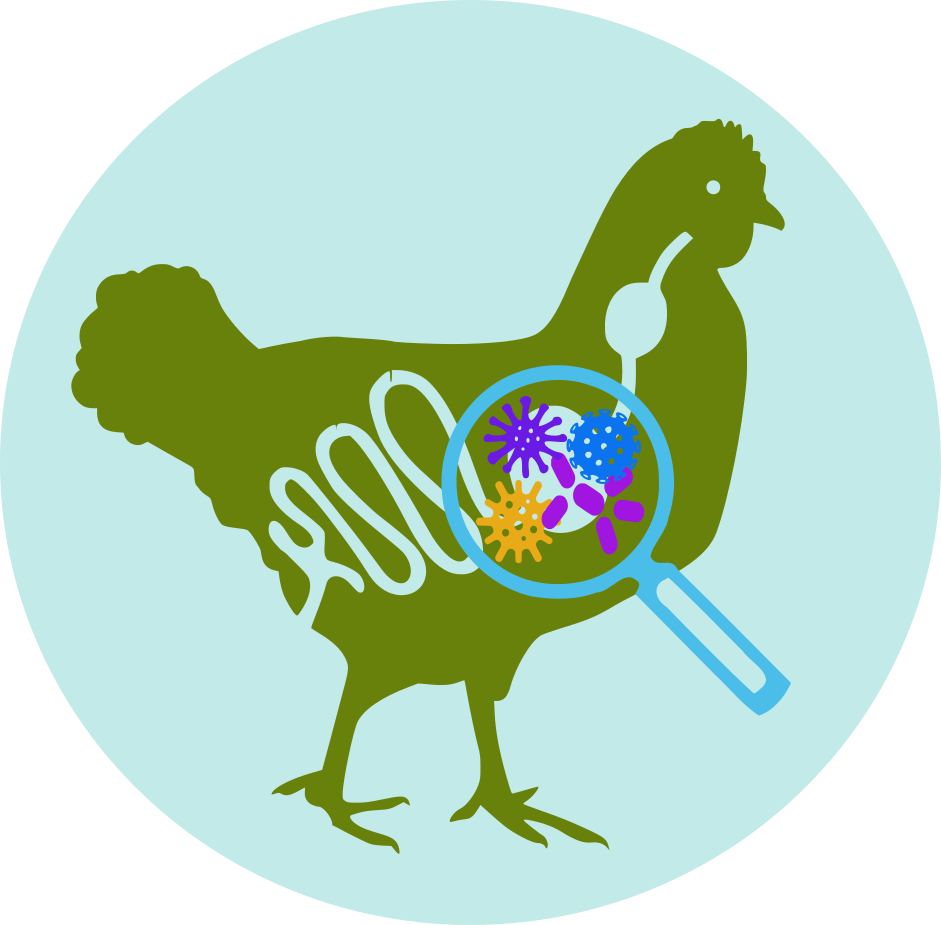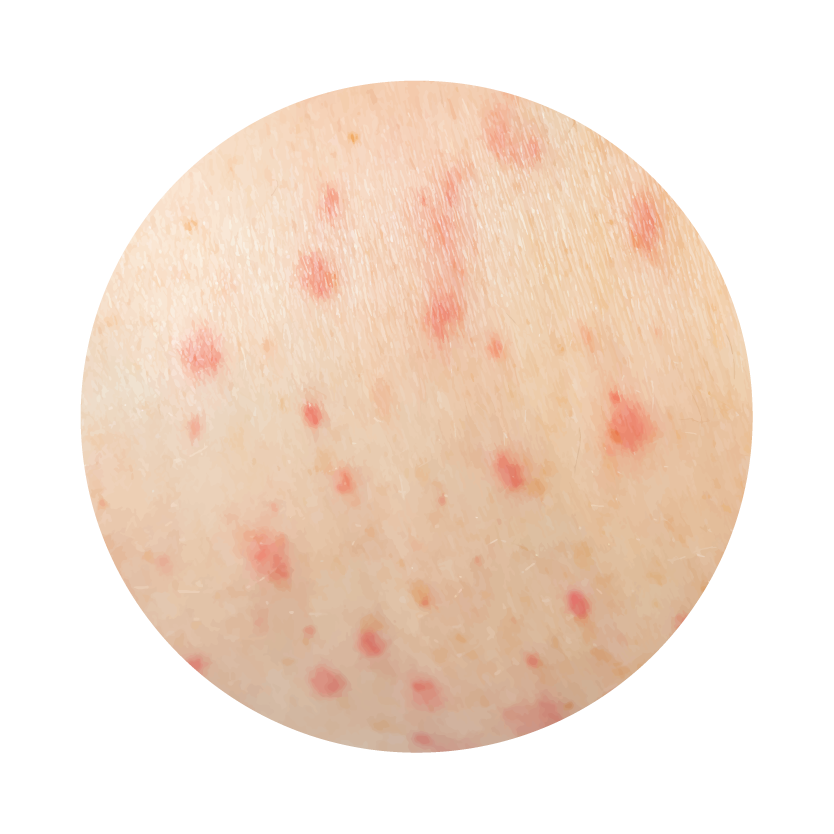| Name | Ethopabate |
| Classes |
Antiinfective Agent Antiprotozoal / Amebicide |
| Diseases |
Ethopabate
Ethopabate is classified as an anticoccidial medication. Ethopabate exerts its effect by inhibiting the growth and reproduction of coccidia, which are microscopic parasites that can cause intestinal infections in animals. It interferes with the life cycle of coccidia, thereby preventing their multiplication and spread.
Ethopabate is indicated for the prevention and treatment of coccidiosis in poultry, a parasitic infection caused by various species of coccidia.
- The dosage of Ethopabate is determined based on the severity of the coccidial infection and the specific species affecting the poultry.
- Dosage may vary, and it is essential to follow the veterinarian's prescription.
- Ethopabate is typically administered orally, often mixed with the feed or drinking water of poultry.
- Administration should be carried out according to the recommended schedule and under veterinary guidance.
Adverse reactions are generally uncommon, but they may include:
- Mild gastrointestinal upset
- Reduced feed intake
- Allergic reactions
- Changes in fecal consistency
- Monitoring: Regularly monitor poultry during and after treatment for any signs of adverse reactions or inadequate response to therapy.
- Veterinary Supervision: Use Ethopabate under the supervision of a veterinarian, ensuring proper diagnosis, dosage, and administration.
- Withdrawal Period: Adhere to recommended withdrawal periods before consuming poultry products after treatment to avoid potential residues in meat or eggs.
- Pregnancy and Lactation: Safety during pregnancy and lactation is not well-established; use with caution, and consult a veterinarian.
Contraindication
Ethopabate is contraindicated in animals with Known hypersensitivity or allergic reactions to Ethopabate or its components.
None known.
Avoid use in poultry with severe health conditions, especially those affecting the gastrointestinal or respiratory systems.
 Bangla
Bangla English
English

